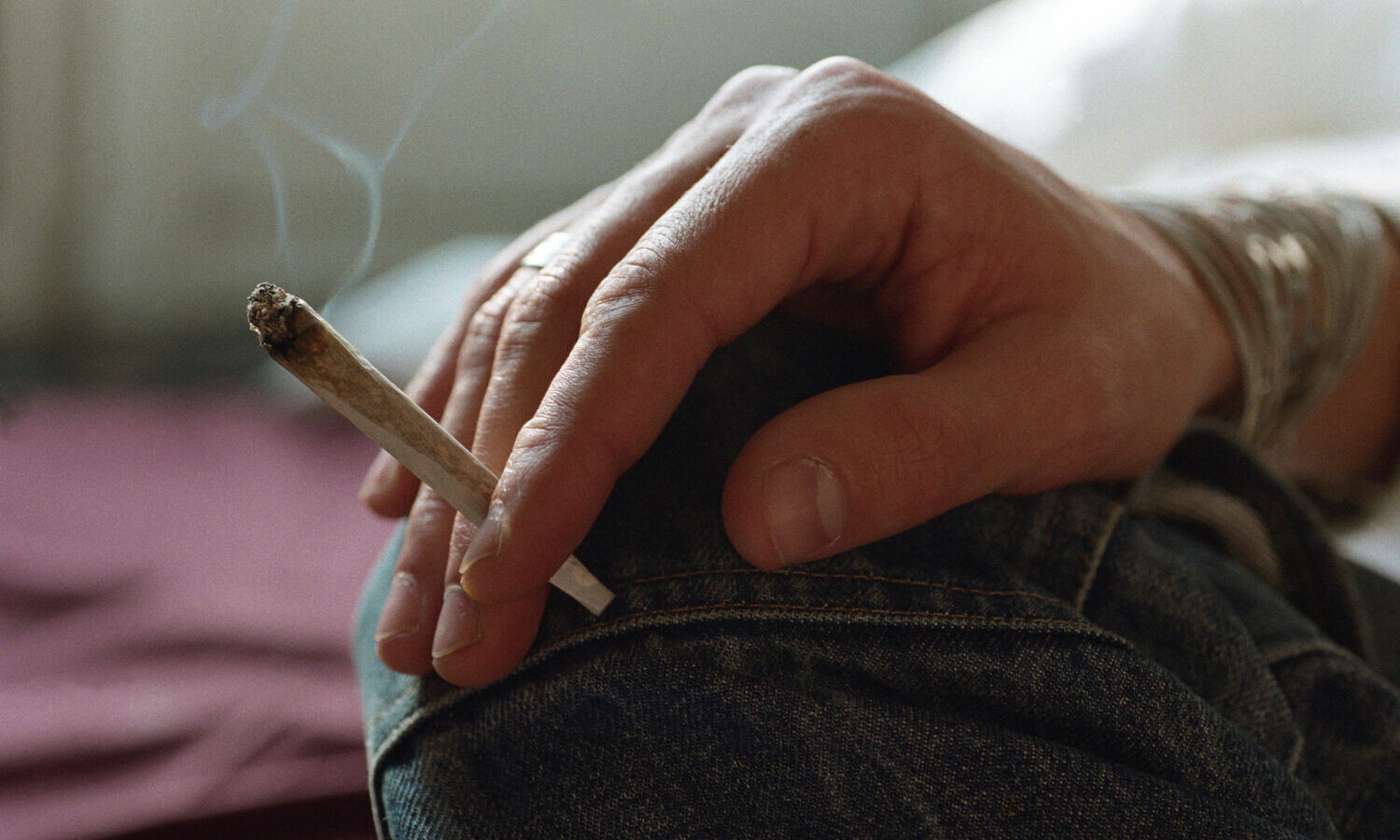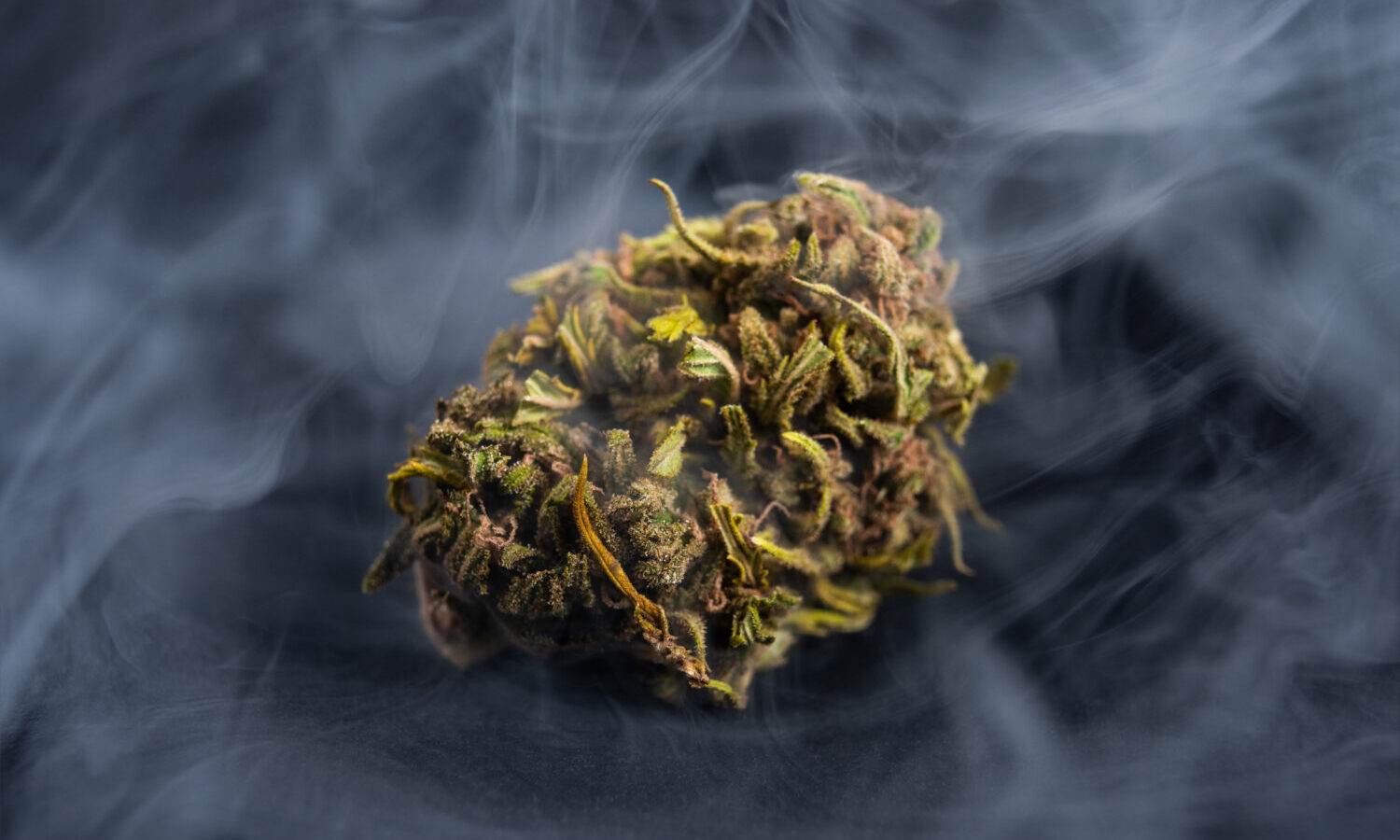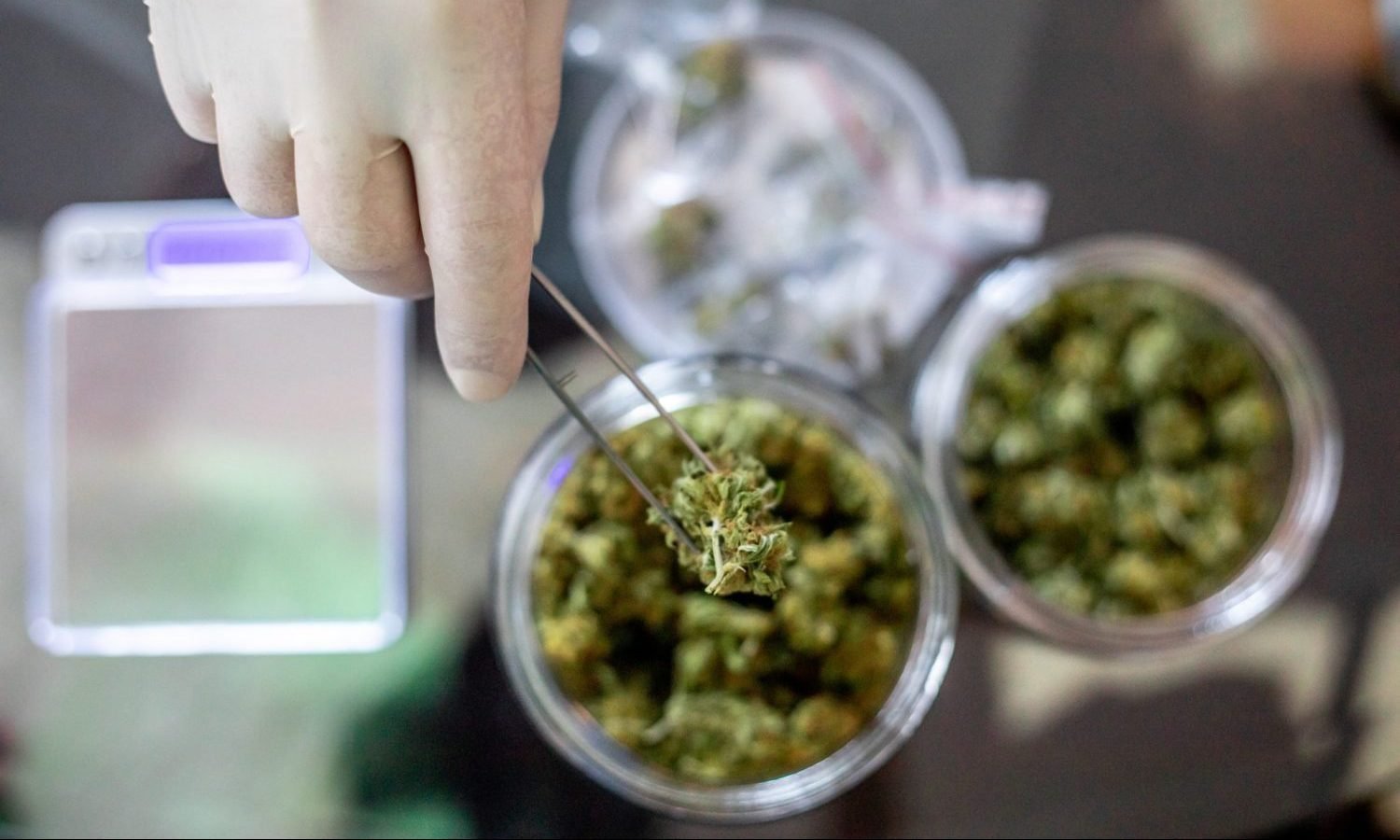“Plaintiffs independently tested products purchased from licensed dispensaries and found that THC levels were inflated by an average of 25%,” states the lawsuit.
By
Three Arkansas residents have filed a federal lawsuit against four licensed medical marijuana companies operating in the state, accusing them of altering the THC levels on the labels of cannabis products they sell to medical cannabis users.
“Each Plaintiff files this suit to vindicate the federal laws prohibiting the cultivation and sale of marijuana and their rights under the Racketeer Influenced and Corrupt Organizations Act (“RICO”). Each Plaintiff is in “chronic pain and has been prescribed medical marijuana by a physician,” reads the Plumlee et al. v. Steep Hill Inc. et al. lawsuit.

Among the companies sued are Bold, Osage Cultivation, Natural State Medicinal, and primarily Steep Hill Arkansas by Steep Hill Inc. “Plaintiffs independently tested products purchased from licensed dispensaries and found that THC levels were inflated by an average of 25%,” states the lawsuit.
RELATED: Pros And Cons Of Growing Your Own Marijuana
“We noted over time that some marijuana was more potent than others, despite being labeled with similar amounts of THC,” expressed Don Plumlee, Jakie Hanan, and Pete Edwards, which are the plaintiffs. “RICO works with Steep Hill Arkansas, to generate labels with higher THC results (…) Defendants used a telephone, email, or other communication facilities to take action in support of their efforts to illegally sell marijuana that had been mislabeled hundreds of times,” the plaintiffs alleged.
“The RICO Defendants together formed an open-ended partnership business for the purpose of growing marijuana in Arkansas and selling it to dispensaries in Arkansas for purchase by Plaintiff,” the lawsuit continued. “To that end, they pooled their resources, knowledge, skills, and work to achieve through the company efficiencies in the cultivation and distribution of marijuana that none of them could have achieved individually.”
In addition, the plaintiffs’ argument added that “if higher THC levels equate to higher sales, then a concerted effort to mark those THC levels on Certificates of Analysis will lead to consistently higher sales.”
RELATED: 3 Marijuana Myths Which Have Been Debunked
The plaintiffs even argued that this type of activity in the state’s medical cannabis market would violate the Controlled Substances Act (CSA) when CSA stated that, ”the large-scale manufacture and distribution of marijuana is a serious felony.”

What Do The Scientists Say About THC Effects?
According to a new study published in the Journal of Psychopharmacology, CBD can minimize some of the negative effects THC has on the brain. “THC is the major psychoactive, addiction-promoting, and psychotomimetic compound, while CBD may have opposite effects,” reads the study.
“Cannabis is a very popular recreational drug and is also starting to be used medically for some purposes, but we still don’t know a great deal about how different cannabinoids affect the brain,” said Matt Wall, the study author, and a senior imaging scientist at Invicro.
This article originally appeared on Benzinga and has been reposted with permission.


